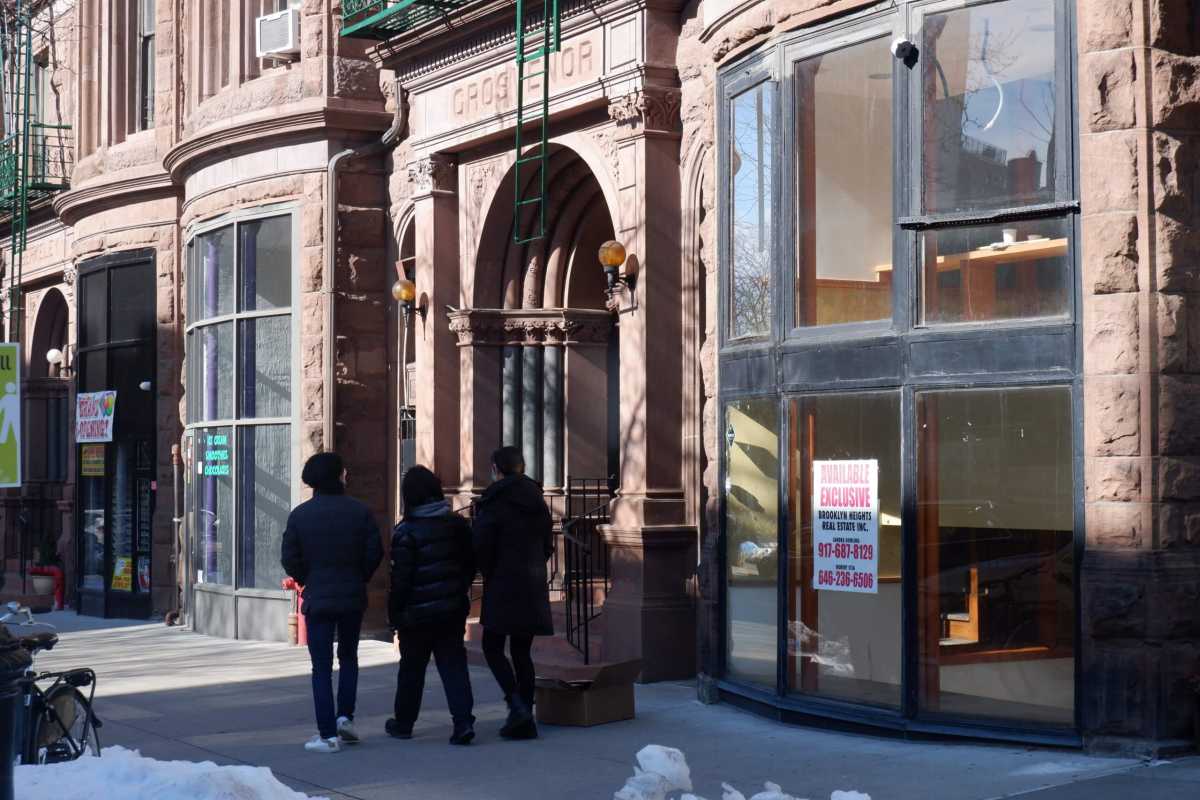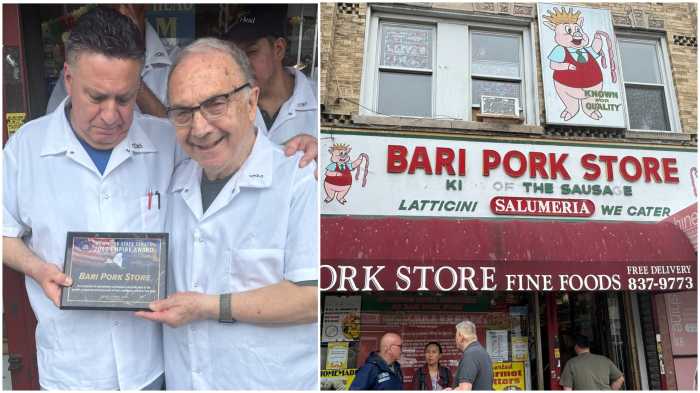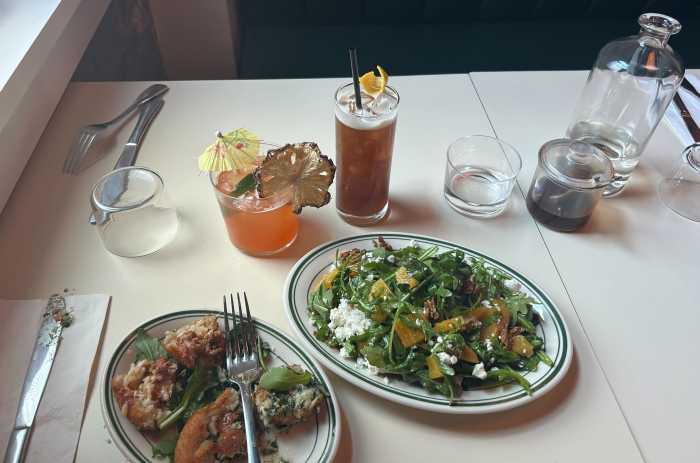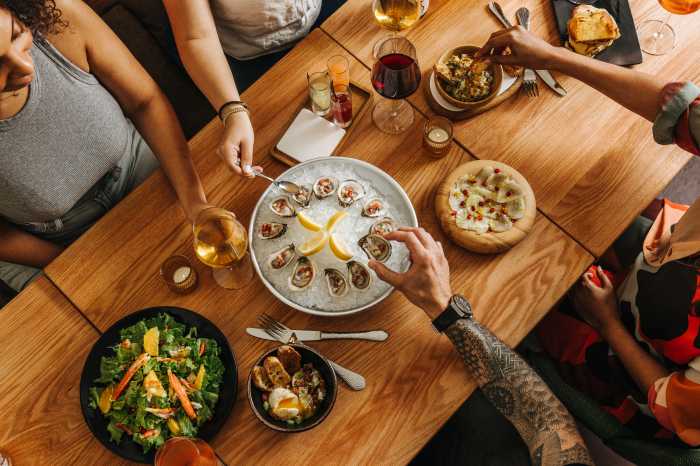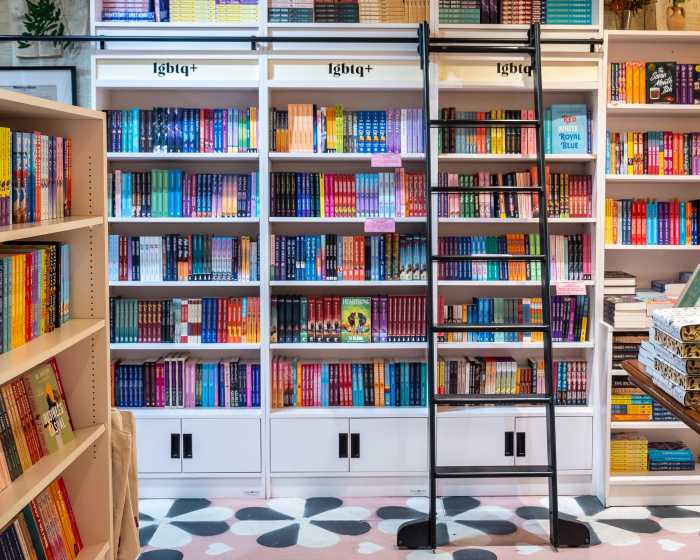The once-spirited Montague Street in Brooklyn Heights has lost some of its charm in recent years, with many empty storefronts and far less small businesses than yesteryear — but now, local residents are looking for ways to reinvigorate the nabe’s commercial corridor.
A recent survey by the Brooklyn Heights Association found that a substantial majority of Heights dwellers are eager to see more artisanal retail and eateries return to the four-block strip between Columbus Park and the Promenade, while also limiting car traffic and dedicating street space for pedestrians and bicyclists.
“It’s really our high street, it’s the only main commercial street that we have,” said the civic group’s executive director, Lara Birnback.
A thriving Montague Street business district
One-in-five storefronts were vacant on Montague as of December, the Brooklyn Eagle reported, and the Association launched a six-week survey that month to hear from locals and visitors about how the strip could invite more foot traffic.
Almost 80 percent of respondents, most of whom were residents of the area, said they wanted a local bookstore, followed by new restaurants — with a particular focus on specialty food shops, like a bakery, butcher, or fishmonger.
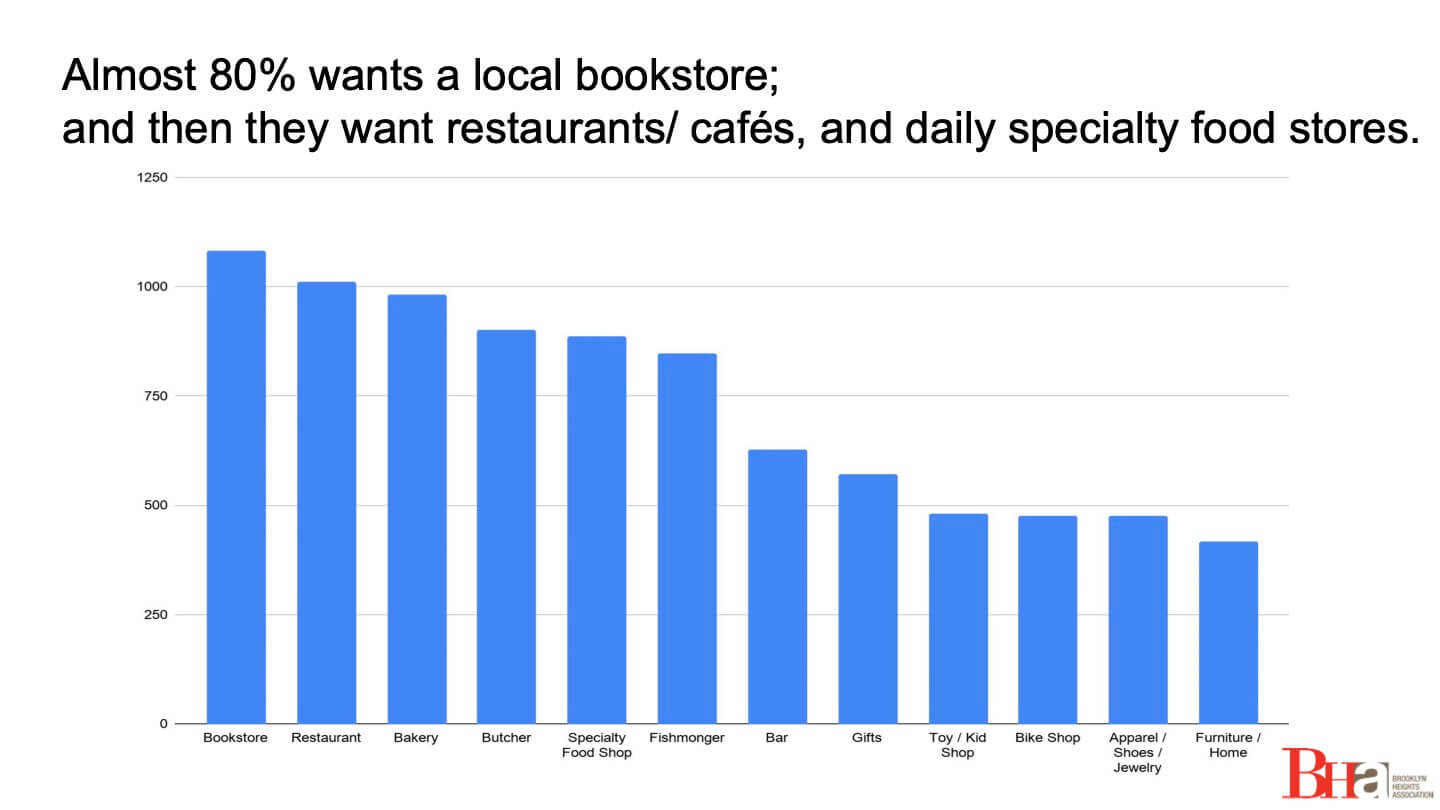
Birnback said that many area shoppers currently leave the neighborhood to amble and browse at places like Court and Smith streets, but that they would be willing to support mom-and-pop shops closer to home.
“The community will come out and support local businesses, but the match has to be right, it has to be in line with what people are looking for,” she said.
One beloved local mainstay, Heights Books, moved out of the neighborhood in 2009 after 18 years on the street.
The demand for a better Montague Street predates the pandemic, but interestingly, the health crisis caused many bigger companies to close shop, while some of the mom-and-pops have been able to survive, according to the executive director of the Montague Street Business Improvement District.
“Right now, the restaurants have been slammed,” said Kate Chura. “But that’s what small businesses do, there’s no fat ever, they’re tweaking their business plans constantly.”
One of the main issues favoring big-name businesses are the steep costs in the wealthy enclave — with rents for ground-floor retail on Montague Street averaging $97 per square foot, according to the Real Estate Board of New York’s latest numbers from March 2020.
“It could have such a small-town feel, like a Newbury Street in Boston. But what has stood in the way is that rents have been prohibitive,” Birnback said.
One retail space at 112 Montague St. has stood vacant for a whopping nine years, with the owner holding out for a big tenant ever since Starbucks moved out in 2012 and opened a different coffee depot one block over.
The increase in empty windows on once-thriving commercial strips has prompted several politicos into action, with one City Council candidate running to represent Brooklyn Heights — Lincoln Restler — proposing to automatically reduce the publicly-listed asking price for rents by 10 percent for every three months which the property is on the market.
“Ironically, COVID has presented us with a rare opportunity, which we must not squander, to reform the real estate market. The market won’t just fix itself,” his platform reads.
Others have suggested a program modeled off of Southampton’s efforts on Long Island, where landlords of empty commercial buildings must contract local artists to display their artwork in the windows, which helps beautify the area.
A pedestrian-friendly Montague Street
Aside from filing vacancies, another big desire among respondents was for the street to become more pedestrian- and bicycle-friendly — with almost 60 percent saying they wanted to prioritize walkers and two-wheelers over cars, which they hope would transform Montague into a European-style plaza with more public seating, outdoor dining, and public events.
“The one silver lining that Covid offered residents of NYC streets this year was Open Streets, the city-led program to give space to families and friends to patronize, eat, shop and enjoy their lives without fear of getting run over by a car,” wrote one commenter in response to the survey.
Chura said that restricting car traffic was popular with about half the businesses, while some still want access for their deliveries.
“For some businesses that can work, for others that rely on pickup or delivery or a service, it doesn’t,” she said. “I think it’s about 50-50.”
Following the questionnaire’s lead, the BHA is now trying to connect small businesses to landlords in the hopes of finding space on Montague.
“I hope the landlords will look more favorably on smaller local and unique establishments that add more charm to Montague Street,” she said. “The survey shows that the demand is there.”


